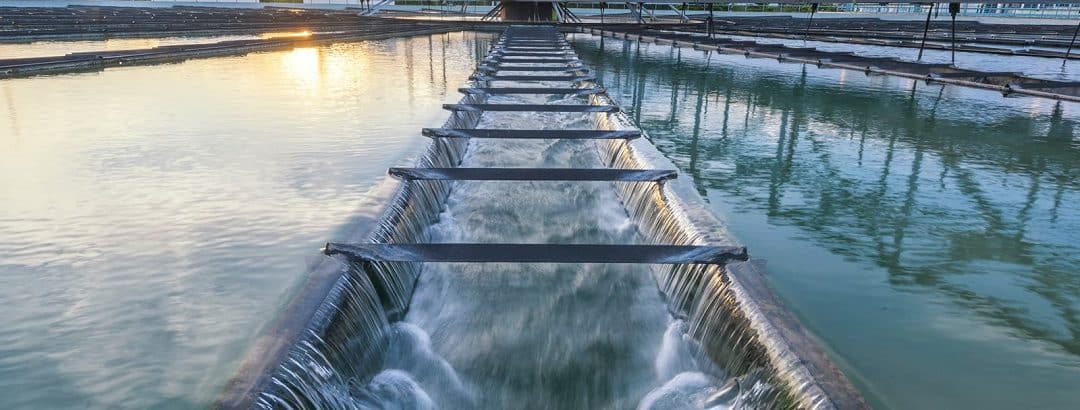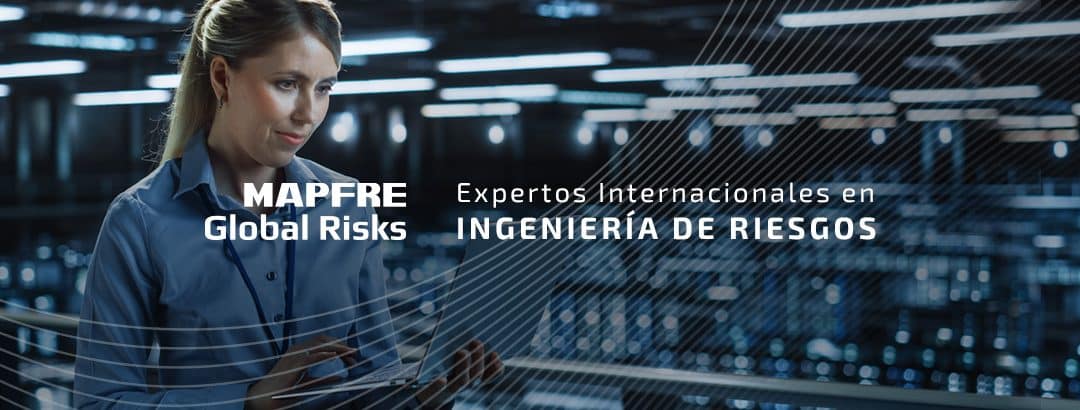Cristina Leon Vera | 10/11/2023
Risk Engineering in Global Enterprises provides a number of benefits and advantages. Recently, our colleague Elvis Luiz Teixeira, from MAPFRE Brazil, participated in one of the panels of Expo ABGR 2023 to highlight the importance of applying said Engineering and disclose the Risk Engineering Services that MAPFRE Global Risks offers to its clients to respond to this challenge.
In today’s corporate world, good Risk Management guides companies. Elvis Luiz Teixeira, head of the Engineering team at MAPFRE Brazil, participated last October 11 in Expo ABGR 2023, shedding light on the broad advantages of a Risk Management program, for both Companies and Insurers.
Advantages of Risk Engineering
Three scenarios can be identified that reflect the benefits of applying Risk Engineering:
1. Firstly, the Company:
-
- Improves the quality of the Risk: The Company is aware of the risks involved in its activity and therefore invests in minimizing the possibility of suffering it.
- Insurability: Improving the quality of the Risk, increases the chances of obtaining the coverage offered by insurance companies.
- External Market View: A proactive decision towards Risk Management makes it easy to find the Insurance Market.
2. Secondly, the Insurer:
If the Company implements Risk Engineering and shares it with the Insurance Company, it allows the Insurance Company to have better quality information about risk protection, thus improving the quality of its portfolio and resilience against claims.
3. Lastly, there is a Win-Win situation:
Having the Company and the Insurance Company start working together, provides a number of reciprocal advantages.
-
- The Insurance Company offers opportunities for improvement; the decision to abide by them is voluntary.
- The improvement proposals are made for the medium-long term. Therefore, it is common for investments in risk quality made by large companies to be progressive.
- The Insurance Company does not exercise an audit.
- The Insurance Company does not supervise, it does not prove to be a threat to the Company, but rather verifies.
Requirements to ensure Risk Engineering
Effective implementation of a Risk Management program confers tangible benefits to the insured company. Similarly, Risk Improvement Plans are a mutually beneficial process. Advances in levels of protection make companies more resilient against adverse situations and therefore more valued by insurance companies.
For Risk Engineering to be executed correctly, the figures that must interact are:
-
- Company
- Insurance Company’s Engineering Areas
Company:
-
- It must be convinced that Risk Engineering is not seeking anything other than positive aspects related to the quality of the risk. It is essential that the Company Board or Senior Management incentivize and support the decisions.
- A key factor is the existence of a Risk Manager and that he/she has the possibility to apply a budget in order to invest in the proposed improvements.
- It is essential that the professional teams involved in decision-making have extensive training in Risk Management. In addition, a basic knowledge of Risk Management must also be provided for middle managers, plant or warehouse supervisors.
- It is critical that high-level managers be proactive in detecting needs when seeking technical support. That is, to be aware that they don’t have to be self-sufficient, so they need to have the knowledge to look for other partners who provide timely support.
Insurer Engineering Areas:

Elvis Luiz Teixeira ABGR 2023 MAPFRE Global Risks
-
- High specialization and Closeness to Risk.
- Flexible movement engineering network.
- Support from an Area of highly specialized Engineering professionals.
- Being able to locate state-of-the-art technologies to develop the activity, such as Teleinspection.
- Continuous training in new types of technologies and risks (e.g.: new challenges in green hydrogen, photovoltaic panels, lithium-ion batteries, etc.).
- Apply Risk assessment methodologies with standard comparisons at the global level and at the site level.
- Establishment of Improvement Plans and follow-up.
MAPFRE Global Risks value proposition
MAPFRE Global Risks Engineering Services offers a value proposition based on an international network of in-house engineers who possess deep knowledge and provide an agile response anywhere in the world.
Our proprietary Risk Assessment methodology provides a structured framework for effectively defining and addressing Risk Improvement Plans.
We carry out a comprehensive and permanent accompaniment for Insured Parties and offer a Catalog of Engineering Services aimed at supplementing the recommendations of the Improvement Plans.
Verification Reports and Risk Improvement Plans are valuable tools that not only identify areas for improvement, but also offer specific solutions to achieve the stated objectives.
With a strong digital nature, our Engineering Services are offered through technological tools. Examples of this are the GEMA portal, Advanced Improvement Management, and Teleinspections.
GEMA is an intuitive and personalized application for each Customer, offering:
-
- A Network space for direct communications between Client and Insurance Company.
- It facilitates interaction between the Risk Manager and the Risk Engineer by promoting effective collaboration.
- It is a communication channel that is open throughout the life of the policy.
Teleinspections are another tool that our Engineering team has mastered to perform Remote Inspections. The use of this technology allows us to track the recommendations with which we streamline our customer service and reduce non-essential travel.
Feel free to learn more about our MAPFRE Global Risks Risk Engineering Service.





